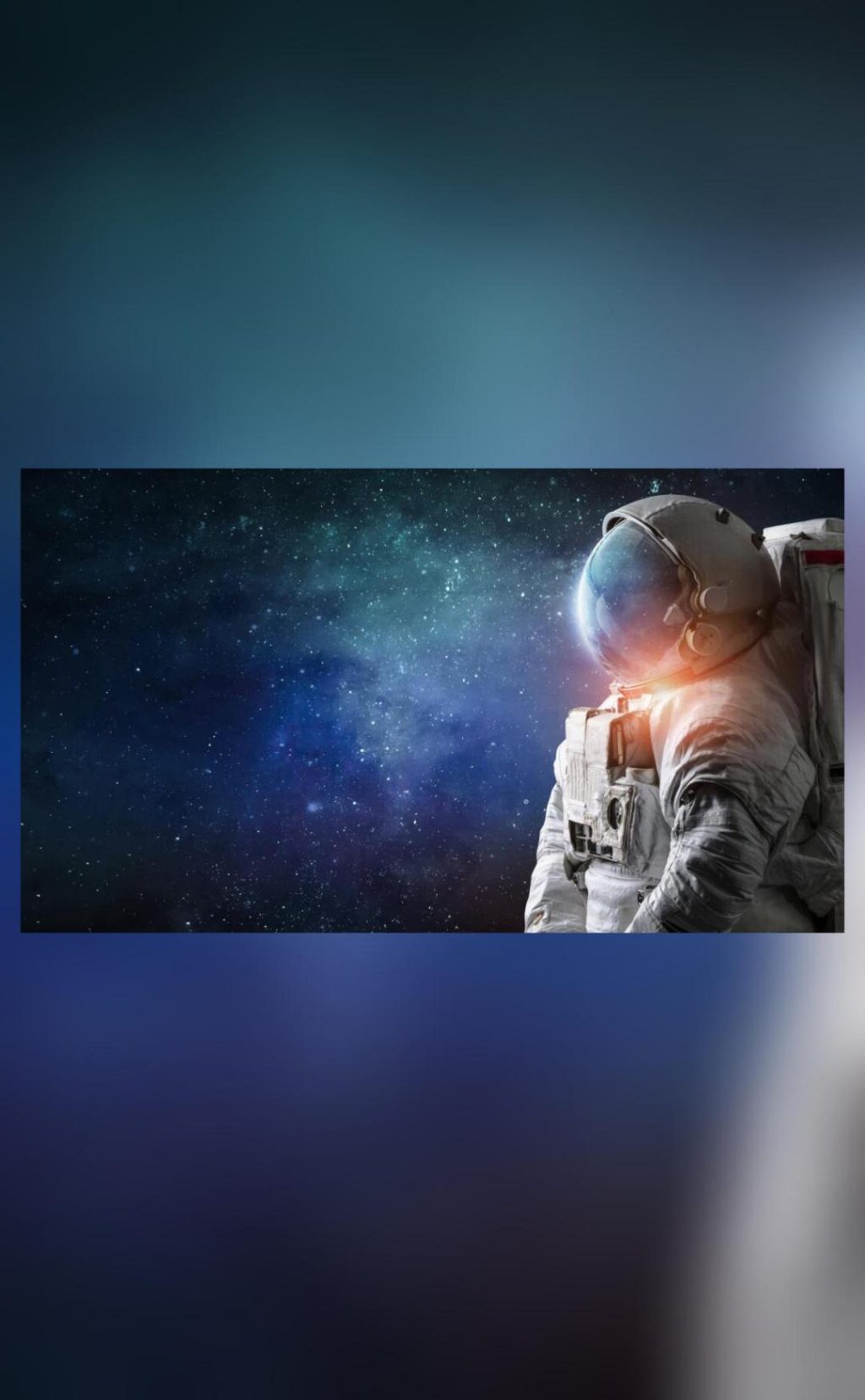
Google & NASA Create AI Medical Assistant for Mars Missions
The quest to explore the vastness of space has always been a monumental undertaking. As we venture further into the unknown, the need for advanced technologies to support human life in extreme environments becomes increasingly crucial. Recently, NASA and Google joined forces to create a revolutionary AI-powered medical assistant, designed to keep astronauts healthy during Mars missions and beyond. Dubbed the “Crew Medical Officer Digital Assistant (CMO-DA),” this groundbreaking technology has the potential to revolutionize medical care in space.
The Challenge of Medical Care in Space
Medical care in space poses unique challenges. In a microgravity environment, the human body is subject to a range of unfamiliar stresses, from muscle atrophy to vision impairment. Moreover, the vast distances between Earth and Mars mean that medical emergencies must be addressed quickly and efficiently, often with limited resources. Traditional medical practices, which rely heavily on human expertise and physical examination, become less effective in these conditions.
The CMO-DA Solution
To address these challenges, NASA and Google collaborated on the development of the CMO-DA, a multimodal AI system that leverages Google Cloud’s Vertex AI platform. This innovative technology can process speech, text, and images to provide accurate diagnoses and treatment recommendations. The system is designed to work seamlessly with existing medical equipment and protocols, ensuring a smooth transition from traditional medical practices to AI-assisted care.
Diagnostic Accuracy and Training Data
During testing, the CMO-DA demonstrated impressive diagnostic accuracy rates. For ankle injuries, the system achieved a rate of 88%, while for ear pain, it reached an accuracy rate of 80%. These results are a testament to the system’s ability to learn from large datasets and adapt to the unique challenges of medical care in space.
To achieve this level of accuracy, the CMO-DA was trained on a vast amount of medical data, including patient records, medical literature, and clinical guidelines. This extensive training enables the system to recognize patterns and correlations between symptoms, medical conditions, and treatment outcomes. The CMO-DA can also learn from user feedback, allowing it to refine its diagnoses and recommendations over time.
Key Features and Benefits
The CMO-DA offers several key features and benefits that make it an invaluable tool for medical care in space:
- Multimodal processing: The CMO-DA can process speech, text, and images, allowing it to understand patient symptoms and medical conditions from various angles.
- Real-time data analysis: The system can analyze medical data in real-time, providing instant diagnoses and treatment recommendations.
- Automated reporting: The CMO-DA can generate detailed medical reports, streamlining the documentation process and reducing the workload for medical personnel.
- Continuous learning: The system can learn from user feedback and adapt to new medical knowledge and guidelines, ensuring it remains up-to-date and effective.
- Scalability: The CMO-DA can be easily integrated into existing medical systems, making it a scalable solution for medical care in space and beyond.
The Future of Medical Care in Space
The CMO-DA represents a significant milestone in the development of AI-powered medical care in space. As NASA and Google continue to refine and improve the system, it has the potential to revolutionize the way medical care is delivered in extreme environments. With its ability to diagnose and treat medical conditions accurately and efficiently, the CMO-DA is poised to play a critical role in future Mars missions and beyond.
Conclusion
The collaboration between NASA and Google has given birth to a groundbreaking AI medical assistant, designed to keep astronauts healthy during Mars missions and beyond. The CMO-DA’s impressive diagnostic accuracy rates and multimodal processing capabilities make it an invaluable tool for medical care in space. As we continue to push the boundaries of human exploration, the CMO-DA will play a crucial role in ensuring the health and well-being of astronauts in extreme environments.
Source:






